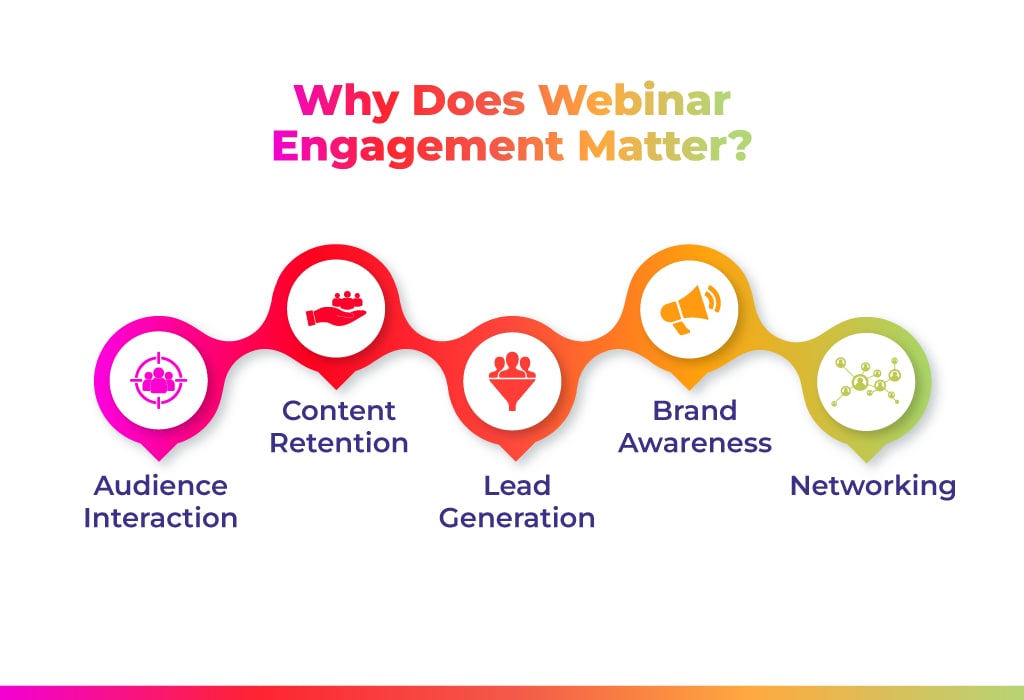Digital Transformation Consulting
With Digital Transformation Consulting at the forefront, embark on a journey where innovation meets strategy, reshaping the business landscape with technological prowess and forward-thinking solutions.
This comprehensive guide delves into the essence of digital transformation consulting, exploring its key components, benefits, challenges, and best practices to empower organizations in the digital age.
Definition of Digital Transformation Consulting
Digital transformation consulting refers to the process of helping organizations leverage technology to improve their business operations, customer experience, and overall performance. In today’s rapidly evolving business landscape, digital transformation is essential for staying competitive and meeting the changing needs of customers. Digital transformation consultants play a crucial role in guiding companies through this process, identifying areas for improvement, and implementing innovative solutions.
Significance of Digital Transformation Consulting
- Assisting organizations in adapting to technological changes to enhance efficiency and productivity.
- Helping businesses stay ahead of the competition by embracing digital tools and strategies.
- Enabling companies to better connect with their customers and meet their evolving expectations.
Role of Digital Transformation Consultants
- Conducting assessments to identify areas for digital transformation within an organization.
- Developing customized strategies and roadmaps for implementing digital solutions effectively.
- Providing guidance and support throughout the transformation process to ensure successful outcomes.
Objectives of Digital Transformation Consulting Services
- Optimizing business processes through the integration of digital technologies.
- Enhancing customer experiences by leveraging data analytics and personalized solutions.
- Driving innovation and fostering a culture of continuous improvement within the organization.
Key Components of Digital Transformation Consulting

In the realm of digital transformation consulting, several key components play a crucial role in helping organizations adapt and thrive in the digital age. From leveraging cutting-edge technologies to implementing data-driven strategies, the following elements are essential in the process:
Technologies in Digital Transformation
- Cloud Computing: Cloud technology enables companies to store, manage, and process data more efficiently, leading to scalability and flexibility in operations.
- Data Analytics: Utilizing advanced analytics tools allows organizations to derive valuable insights from data, leading to informed decision-making and enhanced performance.
- Artificial Intelligence (AI): AI technologies such as machine learning and natural language processing empower businesses to automate processes, personalize customer experiences, and drive innovation.
Benefits of Digital Transformation Consulting

Digital transformation consulting offers numerous advantages to organizations looking to stay ahead in the ever-evolving digital landscape. By leveraging the expertise of consultants in this field, companies can streamline their operations, enhance customer experiences, and drive significant business growth.
Enhanced Operational Efficiency
- Improved processes and workflows: Digital transformation consulting helps organizations identify inefficiencies in their operations and implement streamlined processes to boost productivity.
- Cost savings: By optimizing workflows and leveraging digital tools, companies can reduce operational costs and allocate resources more effectively.
- Enhanced collaboration: Digital transformation consulting enables better communication and collaboration among teams, leading to increased efficiency and innovation.
Improved Customer Experiences
- Personalized interactions: Through data-driven insights, organizations can tailor their products and services to meet the specific needs and preferences of their customers, enhancing overall satisfaction.
- Omni-channel presence: Digital transformation consulting helps companies establish a seamless omni-channel experience, allowing customers to interact with the brand across various touchpoints.
- Quick response times: By leveraging automation and AI-driven tools, organizations can respond to customer inquiries and issues in real-time, improving customer satisfaction and loyalty.
Success Stories
“Company X saw a 30% increase in sales after implementing digital transformation strategies recommended by consultants, leading to a significant boost in revenue.”
“Organization Y improved its operational efficiency by 40% within six months of engaging in digital transformation consulting, resulting in cost savings and improved productivity.”
“Business Z transformed its customer experiences through digital initiatives, leading to a 20% increase in customer retention and loyalty.”
Challenges Faced in Digital Transformation Consulting

Digital transformation consulting, while beneficial, comes with its own set of challenges that organizations must navigate to ensure successful implementation. These challenges often stem from resistance to change and internal barriers that hinder the progress of digital transformation initiatives. Overcoming these obstacles is crucial for organizations to embrace the full potential of digital transformation and thrive in the digital age.
Resistance to Change
Organizations often face resistance from employees who are comfortable with existing processes and systems. This resistance can manifest in various forms, such as reluctance to adopt new technologies, fear of job displacement, or skepticism about the benefits of digital transformation. To address this challenge, organizations need to focus on effective change management strategies, clear communication, and employee training to foster a culture of innovation and adaptability.
Legacy Systems and Infrastructure, Digital transformation consulting
Legacy systems and outdated infrastructure can pose significant obstacles to digital transformation efforts. These systems may lack the flexibility and integration capabilities required for modern digital solutions, leading to inefficiencies and compatibility issues. Organizations must invest in upgrading or replacing legacy systems to create a robust foundation for digital transformation initiatives and ensure seamless integration with new technologies.
Lack of Executive Support and Vision
The success of digital transformation projects heavily relies on strong executive support and a clear vision for the future. Without leadership buy-in and commitment to driving change, initiatives may lack direction, resources, and prioritization. Organizations need visionary leaders who can champion digital transformation efforts, align stakeholders, and set strategic goals to guide the organization towards a digitally-driven future.
Data Security and Privacy Concerns
Digital transformation involves leveraging vast amounts of data to drive decision-making and enhance customer experiences. However, this data-driven approach raises concerns about data security, privacy, and compliance with regulatory requirements. Organizations must implement robust data governance practices, cybersecurity measures, and privacy policies to protect sensitive information and build trust with customers, partners, and other stakeholders.
Cultural Resistance and Siloed Mindsets
Cultural resistance and siloed mindsets within organizations can impede collaboration, innovation, and agility essential for successful digital transformation. Silos create barriers to information sharing, hinder cross-functional collaboration, and limit the organization’s ability to adapt to changing market dynamics. Breaking down silos, fostering a culture of collaboration and knowledge sharing, and promoting a growth mindset are key strategies for overcoming cultural resistance and driving digital transformation efforts forward.
Best Practices in Digital Transformation Consulting
Effective digital transformation consulting requires a strategic approach that aligns with the business goals and objectives. By following best practices, organizations can navigate the complexities of digital transformation and achieve successful outcomes.
Develop a Robust Digital Transformation Strategy
Developing a robust digital transformation strategy is essential for guiding the organization through the process of change. Here are some tips to help you create a successful strategy:
- Start by defining clear business objectives and goals that align with the overall vision of the organization.
- Conduct a thorough assessment of the current state of the organization’s technology infrastructure and processes.
- Identify key areas for improvement and prioritize initiatives based on their potential impact on the business.
- Engage stakeholders at all levels of the organization to ensure buy-in and support for the digital transformation initiative.
- Establish a roadmap with clear milestones and timelines to track progress and measure success.
Tailoring Digital Transformation Consulting to Different Industries
Digital transformation consulting can be tailored to meet the specific needs of different industries. Here’s how organizations can customize their approach:
- Understand the unique challenges and opportunities facing the industry, and how digital technologies can address them.
- Work closely with industry experts to identify best practices and benchmarks for success.
- Customize solutions and strategies to fit the specific requirements and constraints of the industry.
- Stay informed about industry trends and innovations to ensure that digital transformation initiatives remain relevant and competitive.
FAQ Compilation
What is the role of digital transformation consultants?
Digital transformation consultants help organizations adapt to technological changes by devising strategies and implementing solutions to drive growth and efficiency.
How can digital transformation consulting enhance customer experiences?
By leveraging technologies like data analytics and AI, digital transformation consulting can personalize customer interactions, optimize processes, and deliver seamless experiences.
What are common challenges faced in digital transformation consulting?
Organizations often encounter resistance to change and internal barriers that hinder the success of digital transformation initiatives. Overcoming these challenges requires strategic planning and effective change management.
What are the best practices in digital transformation consulting?
Effective digital transformation consulting involves aligning strategies with business goals, adopting agile methodologies, and customizing solutions to suit industry-specific needs for optimal results.






